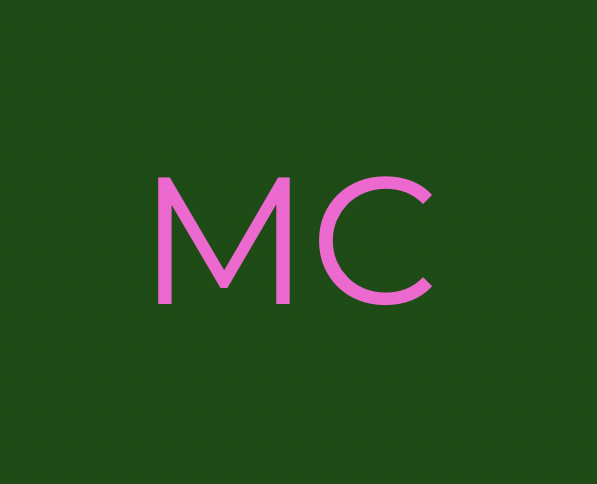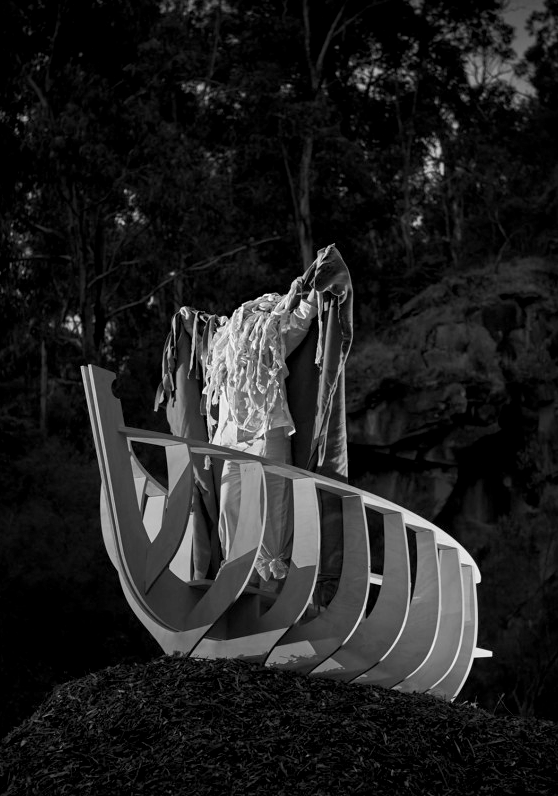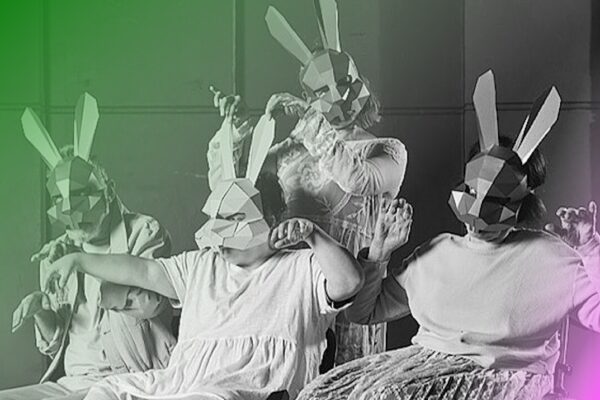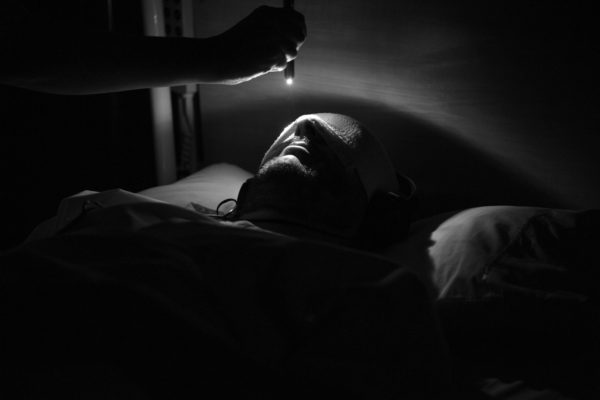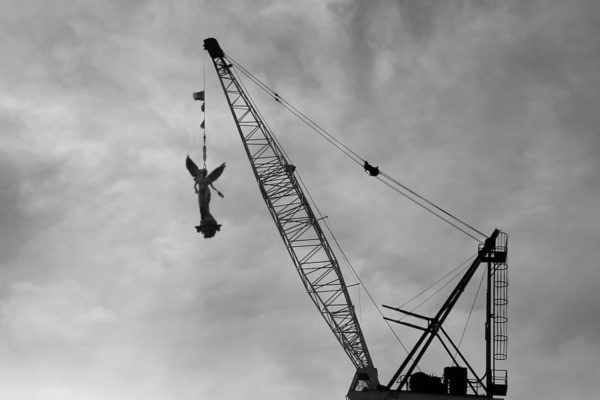DIE! DIE! DIE! OLD PEOPLE DIE!
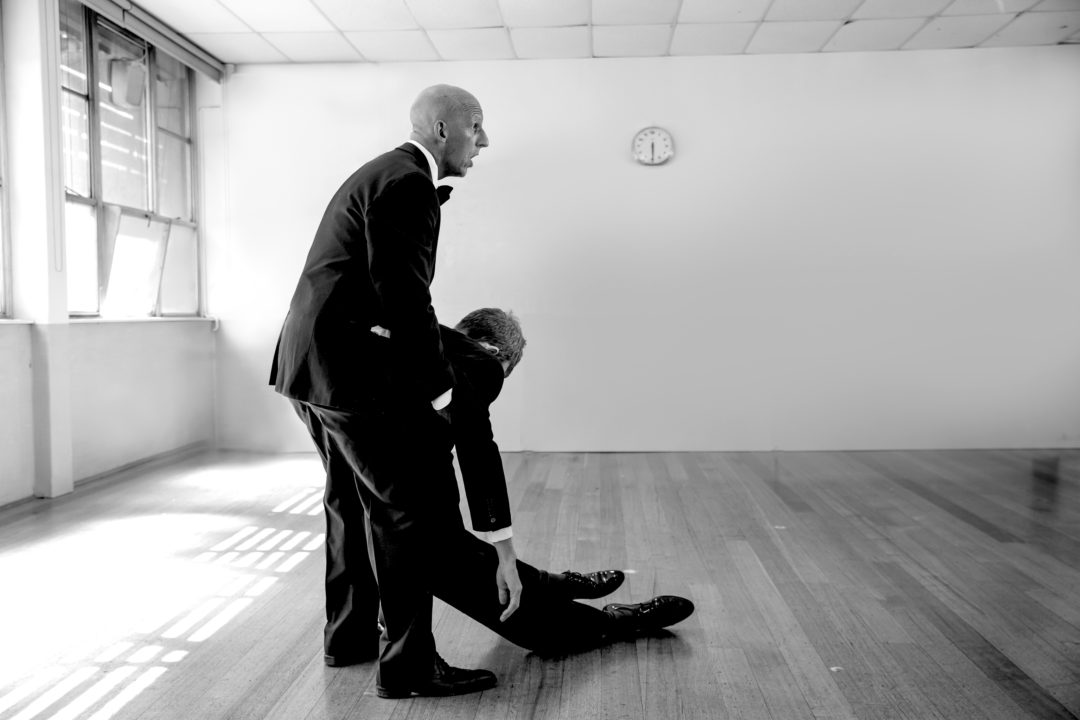
In this work, indie theatre legends, David Woods and Jon Haynes project into 120-year-old versions of themselves in a seriously funny work about hanging on, dying and grieving, all played at 33rpm. Flagship UK theatre company created by Ridiculusmus (The Eradication of Schizophrenia in Western Lapland; Give Me Your Love), and marking a return to Arts House in reclamation of human kind’s last taboo, here facing an imminent eradication.
Amid fumbling, daily rounds of coffee, call centres and cat food, their rants, dribbles, pills and cough bombs litter an ambling blend of symbolist mysticism and synesthesia that has the fear of an ageing population in its sights and oozes with the positivity of elderhood and good deaths. On this performance, and on life and death, The Melbourne Critique spoke with David Woods, co-creator and performer of Die! Die! Die!.
In this work, how was the process of looking forward to a future and your elderly selves?
It is difficult but necessary work that I’m still engaged in. We’ve made promises to each other that if we notice one of us begins to fart unselfconsciously in mixed company or to compulsively whistle through the teeth or develops any one of a number of endearing geriatric habits, then we will politely let each other know. We haven’t yet broached the topic of assisted suicide in the case of incipient dementia, but that will probably be next.
On the other hand, I am personally attempting to adopt an ultra-positive perspective on my ageing self. There are impediments to this aspiration, not least the disconcerting appearance of lipomas and skin tags and hernias and keratosis pilaris and inflamed cartilage and other ailments, not to mention hypochondria. Playing an elderly version of myself is also therapeutic.
Talking so intimately and frankly about death and aging, how have you woven humor into the mix, and do you feel that humor is something which is oft lost when we speak of these subjects?
Mostly the humour has arisen naturally in the moment, as a comedic outlook is somehow in our bones. We have challenged ourselves in this piece by not allowing ourselves to speak as much as we usually do, and this has compelled us to focus on the immediate and very physical practicalities of our quotidian geriatric rounds. In one version of the play we never actually make it to the front of the stage. There is a whole narrative in picking up a cup or sitting in a chair, and the micro-movements and effort involved can be funny, beautiful and serious all at the same time.
Does society need to embrace a monumental shift when discussing or engaging with the idea of dying and becoming old, and what do you hope audiences will question, having experiencing this work?
We need to move into a comfortably re-integrated phase. I think the focus will be less about death and more about the wisdom of elderhood. Good talking, listening, not talking over each other, accepting. This work, I hope it will make them question the value of human life and help them love each other more.
What would you prefer, to die, or to wake in world without art?
The latter and then I’d get busy and persuade others to join in the fun.
